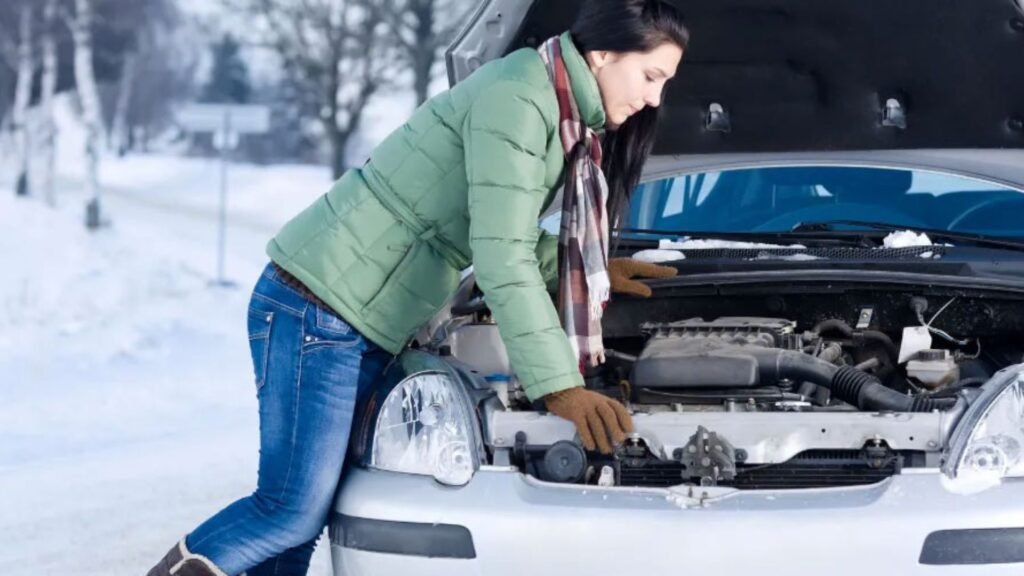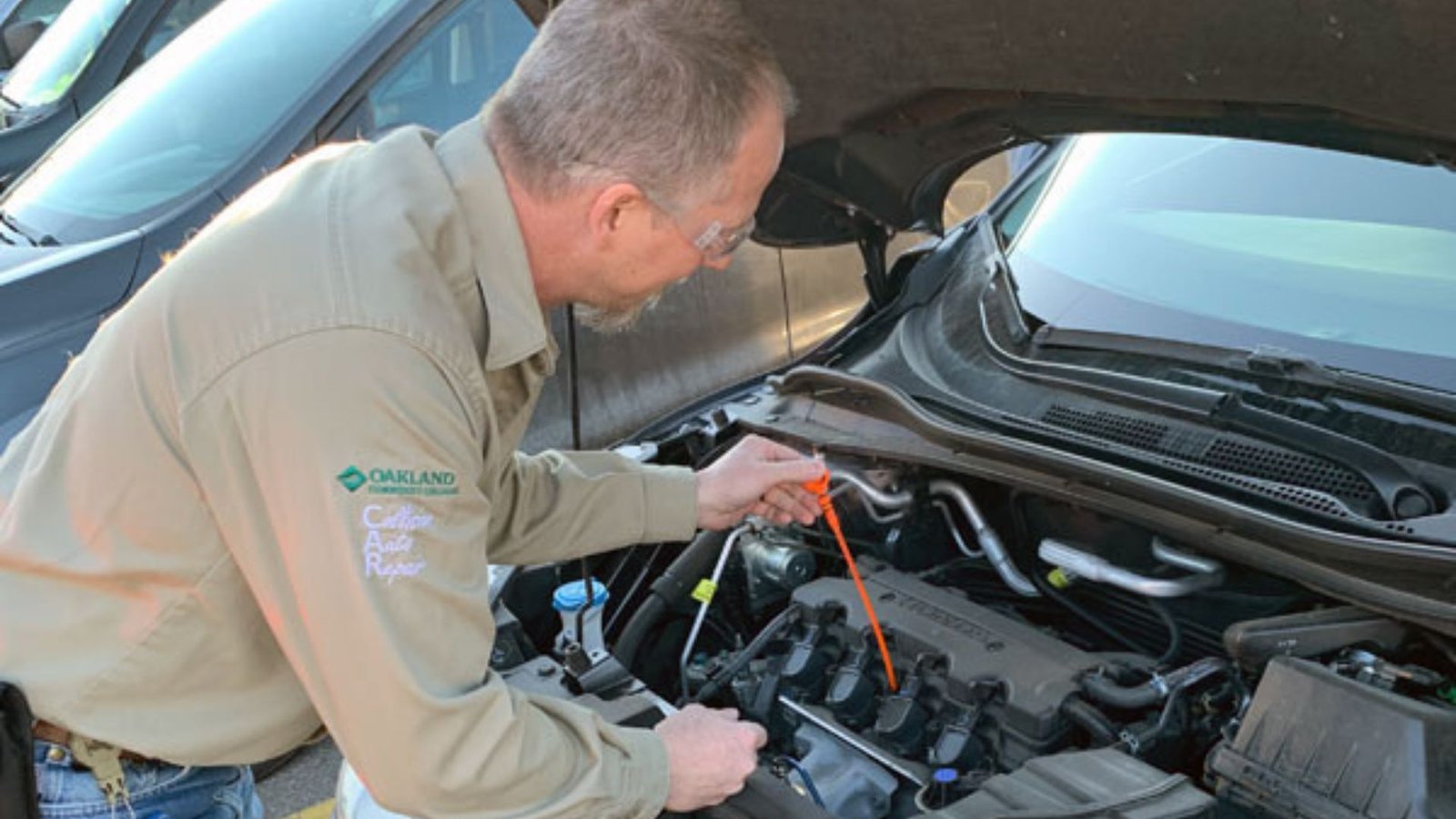Cold weather can put your engine to the test. To keep your car running smoothly during winter, you need to take extra care of your engine. Here are some essential tips for maintaining your engine in cold weather.
1. Use the Right Oil
Choosing the right oil for your engine is crucial when temperatures drop and it is one of the tips for maintaining your engine in cold weather. In cold weather, engine oil can thicken, making it harder for your engine to start. Check your owner’s manual to see if you should switch to a lower-viscosity oil in winter. Synthetic oils often perform better in cold temperatures and can help your engine start more easily.

2. Check the Battery
Cold weather can reduce the performance of your car’s battery. Ensure that your battery is in good condition before winter arrives. Check the battery terminals for corrosion and clean them if necessary. If your battery is old or weak, consider replacing it to avoid issues in freezing temperatures.
3. Inspect the Cooling System
Your engine’s cooling system is just as important in winter as it is in summer. Make sure your coolant level is adequate and that the mixture of antifreeze and water is correct. A 50/50 mix is generally recommended to prevent freezing and overheating. Also, check for leaks in the cooling system.
4. Replace Old Spark Plugs
Old or worn spark plugs can cause starting problems in cold weather. Inspect your spark plugs and replace them if they are worn out. New spark plugs ensure a stronger and more reliable ignition, which is essential for cold starts.
5. Ensure Proper Tire Pressure
Cold weather can cause tire pressure to drop. Check your tire pressure regularly and inflate your tires to the recommended levels. Proper tire pressure ensures better traction and handling, which is important for driving safely in winter conditions.
6. Use a Block Heater
If you live in an area with extremely cold temperatures, consider using an engine block heater. A block heater warms up the engine coolant before you start the car, which makes it easier for your engine to start and reduces wear on engine components.
7. Keep the Fuel Tank Full
Keeping your fuel tank at least half full during winter helps prevent condensation from forming in the tank. Condensation can lead to water in your fuel lines, which may cause freezing and starting issues. A full tank also helps with better fuel circulation.
8. Check Your Belts and Hoses
Cold weather can cause engine belts and hoses to become brittle and prone to cracking. Inspect these components for any signs of wear or damage. Replacing old or damaged belts and hoses before winter can prevent unexpected breakdowns.
9. Monitor the Heating System
Your engine’s heating system helps regulate the temperature of your engine and keep you warm inside the car. Ensure that your heater is functioning properly before the cold weather hits. A well-functioning heating system can prevent engine overheating and provide comfort during winter drives.
10. Test the Defroster
The defroster is essential for maintaining visibility in cold weather. Check that your defroster is working correctly to ensure that your windshield stays clear of frost and ice. Proper defrosting is crucial for safe driving in winter conditions.
11. Keep Your Car Clean
Snow, ice, and road salt can cause damage to your car’s exterior and undercarriage. Wash your car regularly during winter to remove salt and grime. This helps prevent rust and corrosion, which can affect your engine and other components.
12. Use Winter Wipers and Fluid
Winter wiper blades are designed to handle snow and ice better than standard blades. Also, use winter windshield washer fluid that won’t freeze. This ensures clear visibility and helps you see better while driving in winter weather.
13. Regularly Inspect Your Exhaust System
Cold weather can affect your exhaust system. Inspect it for any leaks or damage. A properly functioning exhaust system is important for safe operation and prevents harmful gases from entering your car’s cabin.
14. Keep an Emergency Kit
Always have an emergency kit in your car during winter. Include items like a blanket, flashlight, first aid kit, and basic tools. In case of a breakdown or if you get stranded, having an emergency kit can be a lifesaver.
15. Schedule Regular Maintenance
Regular maintenance is key to keeping your engine running smoothly in any weather. Follow your car’s maintenance schedule and address any issues promptly. Regular checks and servicing can help you avoid problems and ensure that your engine performs well in cold weather.
Conclusion
Maintaining your engine in cold weather requires extra attention to detail. From using the right oil and checking your battery to inspecting your cooling system and keeping your car clean, following these tips will help you keep your engine in top shape during winter. By preparing your vehicle and staying on top of maintenance, you can avoid common cold weather issues and ensure a smoother, safer drive.

